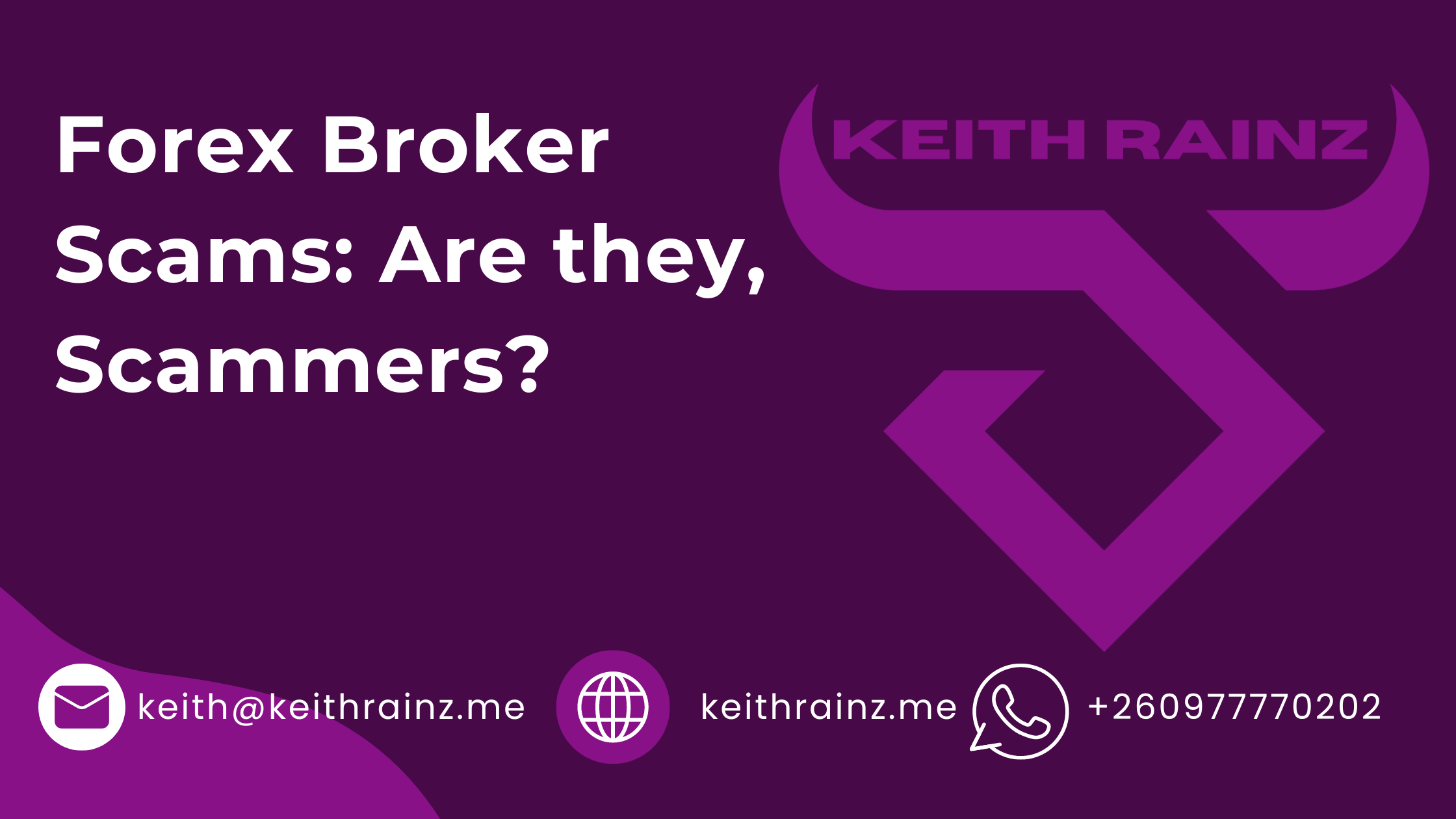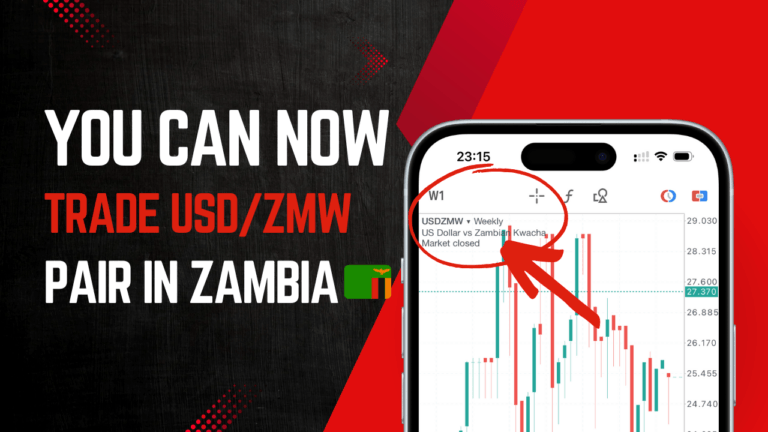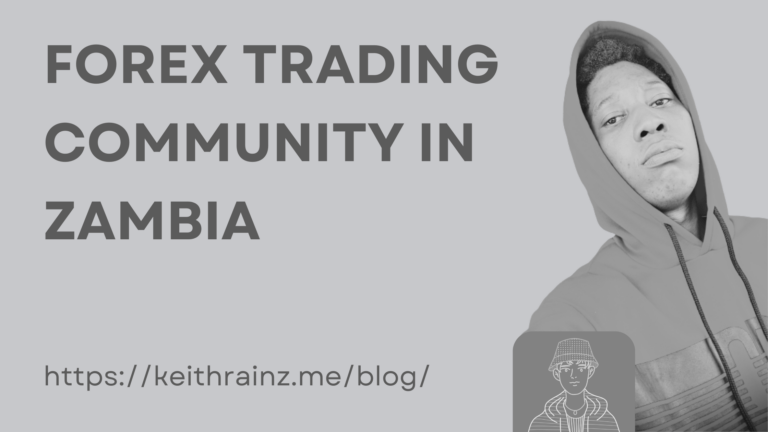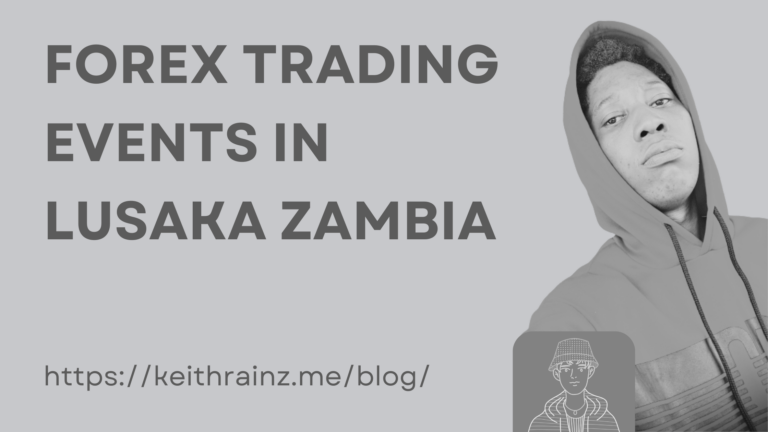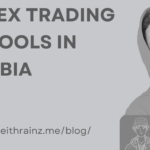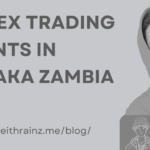Investors and organisations trade currencies on the forex market, often known as the foreign exchange market. The biggest financial market in the world is the FX market. According to the 2019 Triennial Central Bank Survey, investors trade foreign exchange for close to $6.5 trillion per day on the FX market.
Despite the fact that forex trading is legal, the industry is rife with fraud and dishonest people. Scams involving forex brokers come in many different forms on the foreign exchange market. Before entering what could be the Wild West of the global financial markets, investors need to focus more.
How Do Foreign Exchange Rates Work?
FX is short for forex. The fluctuations in currency exchange rates are advantageous for forex trading. According to Robert Johnson, a finance professor at Creighton University’s Heider College of Business, the Forex market merely determines the value of one currency in relation to another. In the FX exchange, you can substitute almost any major currency for another major one.
The greatest currency pairs to bet on if you want results quickly are the US dollar against the Japanese yen and the Japanese yen against the Mexican peso. On the other hand, multinational organisations that need to safeguard their natural positions and individual investors who depend on currency movement are responsible for the majority of activities on the forex market.
According to Johnson, investing in currencies is fundamentally different from investing in stocks, bonds, or real estate, whether we’re talking about conventional currencies or cryptocurrencies. Because stock values rise over the long run, long-term investing in the stock market is a positive-sum game.
Johnson, however, claims that currency investing is a zero-sum game both in the short and long terms. Investors having positions in the U.S. dollar benefit and those holding positions in the yen suffer similar and opposite losses when the U.S. dollar gains relative to the yen. He asserts that investors who desire to amass long-term wealth should be involved in the stock market for this reason.
Although you need a forex broker account if you’re thinking about getting into forex trading. However, the issue is that not all forex brokers give you the best service possible. Learn all there is to know about beginning FX trading.
Important considerations to avoid Forex broker scams
We discuss a few elements that have a significant impact on trading in the bullet points below. Before entering the forex market, one must take these aspects into account.
The broker is either regulated or not, right?
For the purposes of security, it is the most crucial point. Because uncontrolled brokers are exempt from answering to any government authority, one must confirm whether the broker is a regulatory body or not. This implies that if they attempt to defraud you in any way, either “glitches” or “malfunctions” that cause problems in their system or the broker’s refusal to process your withdrawal request will indicate that they are attempting to steal your returns. All of these elements constitute fraud.
Because they are not subject to any regulations, all of these things are quite typical of unregulated brokers. Due to the lack of engagement from the judicial system, even they don’t care about the unfavourable remarks you put online.
However, because regulatory agencies operate under the financial conduct authority, they do not engage in similar schemes in their cases.
Since almost all lawful brokers are regulated, you can submit a complaint against them if they attempt to commit fraud. Regulating bodies, however, do not play these kinds of pranks on their clientele. In order to draw in seasoned traders, they must retain their market reputations.
How Can I Tell If a Broker Is Regulated?
Visit the broker’s website and look up their information to determine whether or not they are regulated. At the bottom of their websites, the majority of brokers post their regulatory information. The broker’s website footer always includes information about their official firm name and regulatory information. As an example, the Cyprus Securities and Exchange Commission regulates the majority of the leading brokers.
The “About us” page also provides detailed information about the broker authorities and regulations, along with a licence number or registration number. It could also include guidelines that the broker must abide by. Before registering for an account on the broker’s platform, investors must read the rules and regulations in full.
How reliable is the governing body?
The main issue with the regulating agency is that, while it is true that they are registered with or regulated by a governing body, they are not registered with the body that handles or regulates forex brokers. They are registered by various authorities that handle financial products, which could sometimes be detrimental to investors. Brokers can quickly gain the trust of prospective investors by using this tactic. When a broker makes incorrect statements or issues warnings on their website, it is important to verify their information using their registration and licence numbers.
some of the safest and most reliable brokerage platforms.
Always look for trustworthy forex brokers who are licenced like Deriv broker in a significant hub. In developing centres, brokers can be trusted as well.
- Financial Conduct Authority-regulated in the United Kingdom
- Australian Securities & Investment Commission (ASIC) – Australia CySEC – Cyprus Securities & Exchange Commission (CySEC) – Cyprus
- Hong Kong’s Securities Futures Commission is SFC-authorized.
- MAS Authorized – Financial Services Agency – Japan IIROC Authorized – Investment Industry Regulatory Organization of Canada – Canada Monetary Authority of Singapore – Singapore
- FMA Authorized – Financial Markets Authority – New Zealand FINMA Authorized – Swiss Financial Market Supervisory Authority – Switzerland
Does the broker offer rewards and savings for creating an account?
These are the tactics used by dishonest brokers; they frequently say things like “earn $50 every day from a $250 investment,” “make 70% return on profit signals,” and “90% success rate.” All of these claims are false unless they relate to binary options, CFDs, or forex. Trusted Forex brokers never make claims about returns, regardless of size.
Therefore, determining if a forex broker is a fraud or not is an easy trick. Any form of money-making that the forex broker promises indicates that the forex broker is a swindler. Other methods of deceiving individuals include the broker promising pricey autos that are provided to the fortunate clients.
Numerous binary options brokers have been exposed as being dishonest businesses. In these situations, there is no actual brokerage present, and the client is placing a wager against the broker who was impersonating a bucket shop. The most typical scam involves manipulating price data to the detriment of the victim.
In other instances, the broker will simply cease returning their phone calls if the client is about to withdraw money for real reasons. We discover that binary options are unregulated, prone to fraud, and trading on the internet entails huge risks with the help of binary options that are occasionally traded on a licenced brokerage platform.
Important, reliable details regarding the brokerage
On the company’s website, reliable details such as the company’s history, financials, headquarters address, and similar information are available. When problems arises, scam brokers don’t need names, addresses, or other information that could be used to connect them to their victims. Do not open an account on the broker’s platform if the broker’s platform does not contain reviews from sincere, real clientele. Additionally, disclosure documents that include critical data about the organisation may need to be checked.
Robotic trading systems and expert advisors
Automated trading, often known as robot trading or expert advisers, targets new traders on the forex trading market. These easy-to-use robots, which typically retail for a few hundred dollars, can manage investors without human participation.
These systems will never agree to any kind of official evaluation or unbiased testing. On the other hand, it can be shown using facts from the past. Some evidence suggests that a large number of robots have been carefully engineered or created to organise the data.
Learn all you can about scalping before looking at robots with enticing win rates. The robot is widely successful since it is employed by many trades for tiny profits, but any sizable loss would quickly wipe out rewards. Without an understanding of algorithms, traders are unsure if the robot is providing anything other than broad buy and sell signals, which are impossible to rely on.
Message Seller
Similar to EAs and robots, signal sellers offer a method for determining when to purchase and sell currency pairs in order to achieve large returns. Retail investors, managers of pooled assets, retail investor accounts, and retail company accounts can all be the specific seller. To replace the rookie traders, they offer long-term experience, exceptional trading skills, compelling testimonials, and a promise of significant returns.
In exchange, signal sellers offer suggestions on a daily, weekly, and monthly basis. Technical analysis, recent news, or a combination of both will determine whether this process is manual or automatic. When opening an account with a certain broker, signal sellers may also offer trading advice in exchange for a commission from the broker. These frauds warn you that the sellers will take your money and disappear. Additionally, it might provide you a few reddy hints that you have never heard before.
False or dishonest brokers
Brokers who are unsuccessful aren’t always con artists. A negative scenario between broker and trader relationships is brought on by some misunderstandings and technical problems. Investors occasionally make emotional decisions on their investments, which may not be based on a trading plan or knowledge of the market. However, the broker is skilled rather than dishonest, and instead of defrauding traders, he makes mistakes.
The majority of fake brokers and traders who are not receiving anything in exchange for their trades fall into the following categories:
Price Slippage: When a trade is being traded, price slippage occurs when the anticipated price of a trade differs from the actual price when the trade is sold. The traders benefit from it occasionally, but sometimes they also lose money.
When the broker does not have enough money to cover trades, liquidity occurs. Although we can’t argue that this is a scam, it increases the likelihood that a trader would lose money. This has increased the likelihood of bankruptcy and put the trader’s investment at risk. It might also make different withdrawals more difficult. brokers who lack the liquidity to conduct business effectively.
Churning: Depending on how many trades they execute, individual brokers always provide their services for a commission. Churning is when someone pushes you to make pointless purchases or sales in order to increase their profit. Churning has detrimental impacts on the trader. If the broker is regulated, sometimes this results in legal action being taken against the broker as a result of this.
Commingling of Accounts: When traders lose control over the management of their accounts and the flow of funds. This raises the possibility of your account becoming mixed up. As a result of their connections with others, traders won’t be able to track the usage and performance of their funds.
Unable to Withdraw: It is essential to have immediate access to any funds that the broker is managing. Traders must constantly be conscious of their funds. If you can’t get to your money when you need it, it has a bad effect. It indicates that either the account will be mixed up or that the broker is not as liquid as it is attempting to portray.
Percent Allocation Management Module (PAMM) and High-Yield Investment Program (HYIP) Check, Similar to management funds, high yield programmes that promise significant payouts entice traders to start with a low minimum commitment.
In a typical Ponzi scheme, existing investors pay the first traders, and the system depends on a steady influx of new investors to keep the money flowing. Typically, no actual trading occurs in these scams, but when there aren’t enough new investors, significant losses are noticed, and the HYIP operators just vanish with the money that’s left over.
How can I tell whether a forex broker is a scam?
You can simply tell whether a forex broker or forex investment opportunity is a scam if they make promises about how much money you would make using their services. Statements of this nature are only checked to draw investors. Anything they are told won’t happen in the future because forex is a complex product with high risks and fluctuating currency values.
Forex is a profitable trading option, but it is not a reliable source for making millions of dollars overnight, and it may not even suggest such things. If any broker, expert advisor, or trader makes an effort to offer you something that is 100% guaranteed to make you rich. It’s a con. Here, we’ve given you a list of some information you should consider before you begin trading foreign exchange.
- Profit claims that are striking
- Performance is solely based on historical data; there is no actual trading data available.
- In the brokerage, there is no specified contact.
- the worst high win/loss ratio is when you ask for a lot of money
- Original, unsponsored, and unfavourable reviews
- Claim of a “secret formula”
- Demo accounts with Offshore HQ and Unregulated services
Conclusion:
There are numerous opportunities to lose money quickly while trading foreign exchange. When investors choose the wrong brokers for currency trading, the forex market has historically been home to forex broker scams. This error is typically made by novice traders. The simplest indicator of a fraudulent broker is when they demand a little initial investment that is made up of significant commissions. Money withdrawals from rogue brokerage platforms are difficult. Before opening an account on their site, one must review historical performance, the broker’s registration and regulation information, monthly fees, etc. Do not let your quest for big gains lead you astray. The FX market may also be impacted by CFD trading. For detailed information on Forex broker frauds, read this article carefully.
